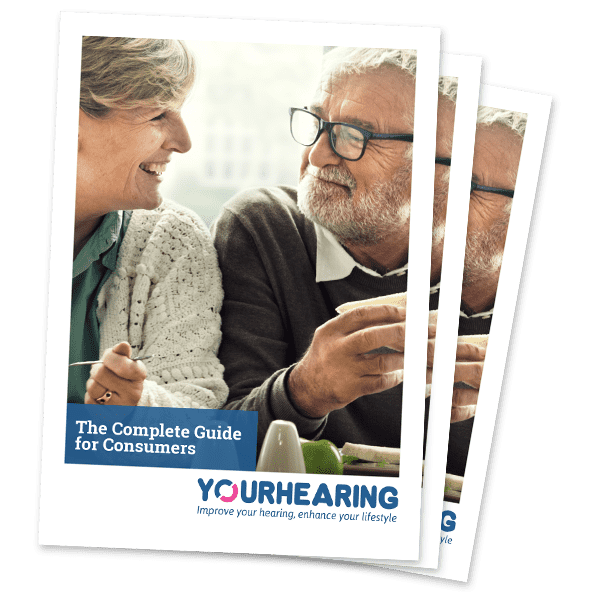Useful Information on Ear Wax and Ear Wax Removal
What is earwax?
Ear wax, also called cerumen, is a mixture of skin cells, dust and oil created by the glands in the ear canal. The oil lubricates the ear canal to stop the skin from drying out. It has acidic and antibacterial properties to help prevent germs from getting into the ear and causing problems. It also helps to repel water when you are showering or swimming.
Earwax is the body’s natural way of removing skin cells and dust from the ear canal, it’s a sign that your ear is working properly. The natural action of the jawbone when talking or eating helps to move the earwax out of the ear. Diet, age and other environmental factors can determine how much wax your ear produces as well as the type of wax, i.e., dry or sticky. Older people are more likely to have dryer, harder wax.
If wax is a good thing, why is it a problem?
Occasionally we can get too much wax build up in our ear canal. This can make ears itchy and uncomfortable. You may have a feeling of pressure in your ear. If no wax is getting out, it isn’t carrying out germs and bacteria, putting you at risk of an ear infection.
In some cases the wax build up can affect your hearing. It can be harder to follow conversations, it could seem as though everyone is mumbling. You may also need to turn up the volume on the TV and radio. Wax can also cause tinnitus which is a ringing or buzzing noise in the ears. This occurs when the hearing nerves pick up signals within the ear and the brain interprets them as sound.
In severe cases, where there is lots of excess wax which has caused irritation to your ear, you may get ear ache. Excessive earwax can also cause vertigo or make you feel dizzy when walking around.
So what should you do?
What you should NOT do is try to put anything in your ear to scrape out the wax yourself. Using things like cotton buds in your ear canal can push the wax further down, compacting it and making it harder to remove. If you push the wax down too far you can cause permanent damage to the eardrum
Using cotton buds can also cause damage to the delicate skin in your ear canal and the oil glands that line it. This can make your ear canal dry out too much, give you ear ache and make you extra sensitive to cold wind around your ears.
Ear drops, bought from your pharmacy, can be used to soften the earwax. In many cases, this helps the wax to come out on its own. The best drops to use are made with olive oil and won’t irritate or dry out your ear canal.
If your earwax is more stubborn, sodium bicarbonate ear drops are also mild to use and help to dissolve the wax. Any drops should only be used for 4 – 7 days. If you experience any irritation you should stop using them immediately. You should never use ear drops if you have ear ache or have a perforated ear drum.
If the problem persists after trying eardrops you should speak to your GP or audiologist. There are three ways they can remove earwax.
One way is by using special tweezers and instruments to hook out the pieces of wax. Another is by ear irrigation, also known as ear syringing. This involves lukewarm water being pumped gently into your ear canal to wash out the excess wax. A bowl is held under the ear to catch the water and wax as it comes out. You cannot have this procedure if there is damage to your eardrum.
An alternative to syringing is micro-suction. This method is safe for people with damaged eardrums and those who have had ear surgery. A small nozzle is used to suck the wax out of the ear canal. A microscope is used by the person carrying out the procedure allowing them to see everything inside the ear canal. This method is painless but can be uncomfortable if the wax is close to the eardrum. It will also seem very loud, a little bit like a hoover in your ear.
Once the wax is removed, any discomfort or hearing difficulty should get better.
Need more support with hearing aids or hearing loss?
Call us free on 0800 567 7721, we are open 8am to 8pm 7 days a week, to speak to one of our audiologists who will be happy to help you with any hearing healthcare enquiries. Alternatively, you can fill out the form or watch our hearing aids and hearing healthcare videos below to discover more about who we are.


